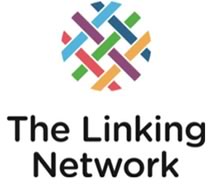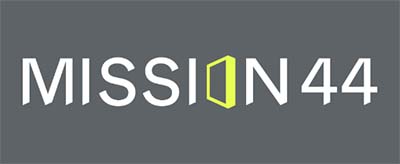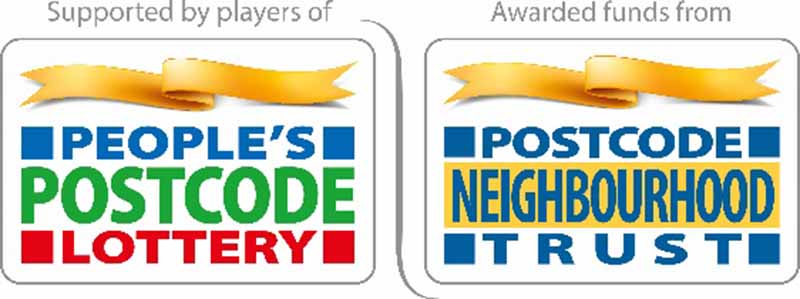British Council Publications
DECSY has written or co-written the following publications for the British Council as part of ‘Connecting Classrooms through Global Learning‘. These free resources help bring themes of global importance to life.
Climate Change and Girls’ Education: school resource pack
The resource pack comprises short units with accompanying activities for teachers to use with students aged between 11 and 17 years old. It focuses on improving students’ understanding of the impact of climate change, how it affects their lives and community, introduces students to gender inequality and the disproportionate impacts of climate change on girls and women as well as how these areas are connected. The resource also addresses the role of education that could mitigate climate change effects on vulnerable groups such as girls and women in development contexts. Students should have better understanding of the main issues and opportunities as well as encouraging a transformative action learning approach.
Reducing inequalities: exploring race and power
Inequality is a persistent cause for concern across the world, both within and among countries. This set of activities will help you explore this important issue, with a focus on racial and ethnic inequality.
The activities in this lesson will help you to explore inequality with your pupils, with a focus on racial and ethnic inequality. Pupils will discover what inequality means and how it manifests in different contexts, as well as looking at some of the reasons behind inequality in our world. They will learn about tackling inequality and the United Nations Global Goal 10, Reduced Inequalities .
This resource was co-produced with Global Learning London.
Climate4Classrooms (C4C)
C4C provides ideas and resources to deepen your pupils’ understanding of climate change and to help them to see this complex topic in a global context. It aims to support schools around the world to teach, think and talk about the global and intercultural dimensions of climate change.
The Education Pack contains learning activity ideas, sample lesson plans, tips and further resources to use with pupils aged 7 – 16 years. Learning activities are grouped around the following three themes:
weather and climate; climate change: causes, evidence; future predictions making a difference and finding solutions.
The resources include interactive data sets showing global and national climate predictions, climate science brought to life by the experts, case studies investigating global, national and local impacts and solutions. Guidance for teachers on using the resources is provided.
Gender Equality
This template project will help you support the development of pupils’ core skills such as citizenship, critical thinking, problem solving, creativity and imagination through the study of gender equality.
You can use the project with a range of subjects across the curriculum, including English, citizenship, geography or history. These materials can be used with or without a partner school, and instructions are provided on how to best use the resources.
This resource will help students develop their knowledge of renewable energy through maths, geography, ICT and other subjects. As the world population rises and many millions continue to move to urban areas, there is a huge increase in the demand for cost effective and reliable modern energy.
This resource will support you in developing students’ core skills through the study of solar electricity. It will also help you explore the United Nations’ Sustainable Development Goals, in particular Goal 7 which is to ensure access to affordable, reliable, sustainable and modern energy for all by 2030.
These materials can be used with or without a partner school, and instructions are provided on how to best use the resources.
Learning from a Pandemic
This resource will help you make a contribution to a recovery curriculum in schools, and beyond this, by providing interesting, engaging and relevant content that encourages pupils to recall, discuss and process some of their thoughts, feelings and memories.
It is designed to support the United Nations’ Global Goals for Sustainable Development (SDGs), in particular Goal 3: Good health and well-being
Over the course of six lessons, pupils will have opportunities to develop an understanding of:
- Covid-19 in the context of some of the world’s most common communicable diseases and pandemics from the past
- how communicable diseases like Covid-19 may start and spread, and how this is investigated
- relevant prevention strategies to foster positive physical and mental health and well-being.
In doing so, pupils will have the opportunity to develop core skills in critical thinking and problem solving, citizenship, student leadership, creativity and imagination and aspects of digital literacy.
Mental Health and well-being
Activities for pupils 7 to 14 year olds. They can be delivered in the classroom or online, and can be shared with an international partner school. There is growing concern about the effect of modern life on mental health and well-being. In addition to this, the Covid-19 pandemic has had a major impact on children; from missing out on school, routines and friendship groups, to fear of the virus and losing loved ones. These activities are designed to help teachers with this, and are linked to the United Nations Global Goal 3: Good health and Well-being .
You and your pupils will learn practical ideas about:
- How to develop positive health and well-being for yourself
- How to encourage others to decide and act in favour of promoting health and well-being for all
- How to include health promoting behaviours in your daily routines.
Please be sensitive to any distress or trauma that children may be carrying with them, and plan for support in case any of the activities or reflections trigger any adverse reactions, especially if your pupils are working at a distance.
The activities are open-ended, to provide a flexible resource during the pandemic, as children may be returning to school at different times and in different ways. We recommend that you start with the foundation activities, which will help create the environment for the other six steps. These well-being activities are brought to you in collaboration with the Jigsaw PSHE curriculum .
Further British Council resources written by DECSY include:




